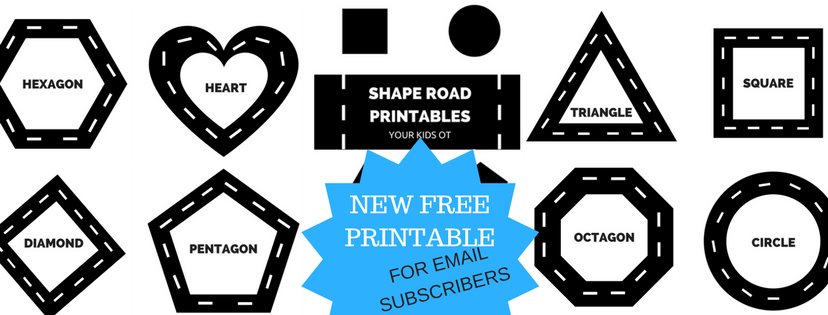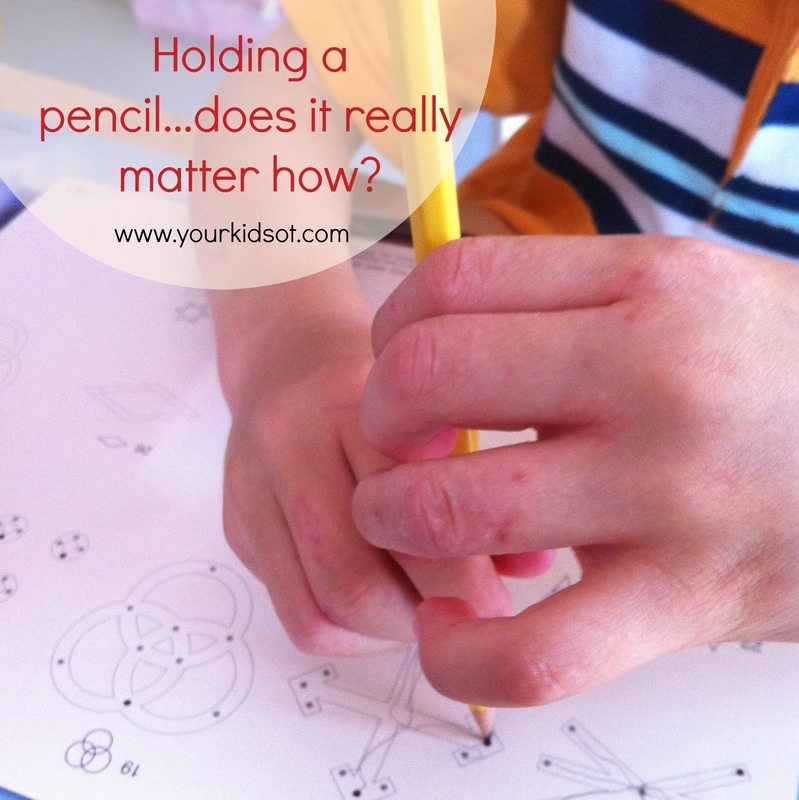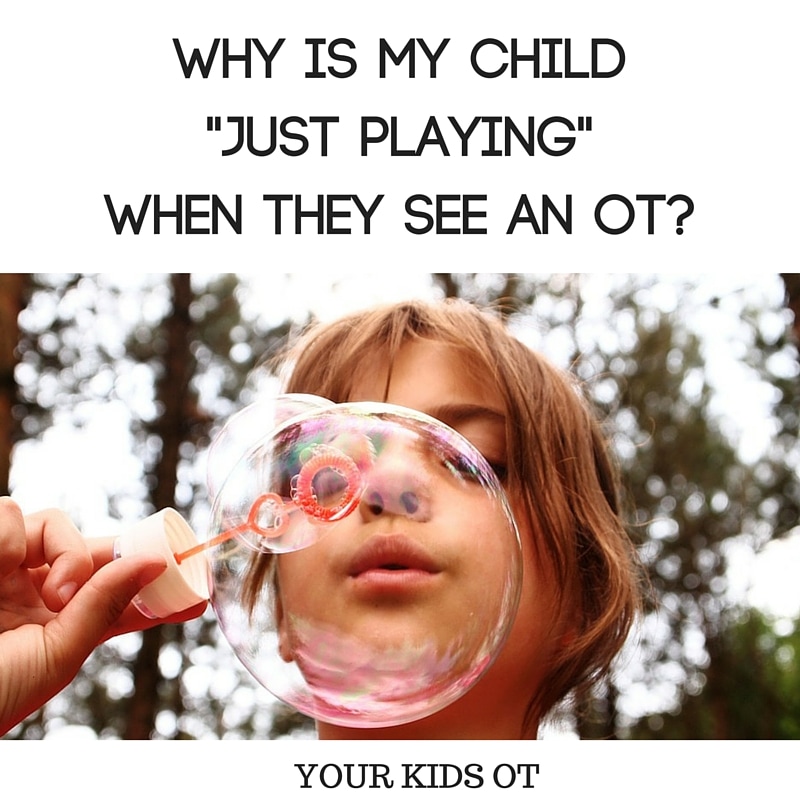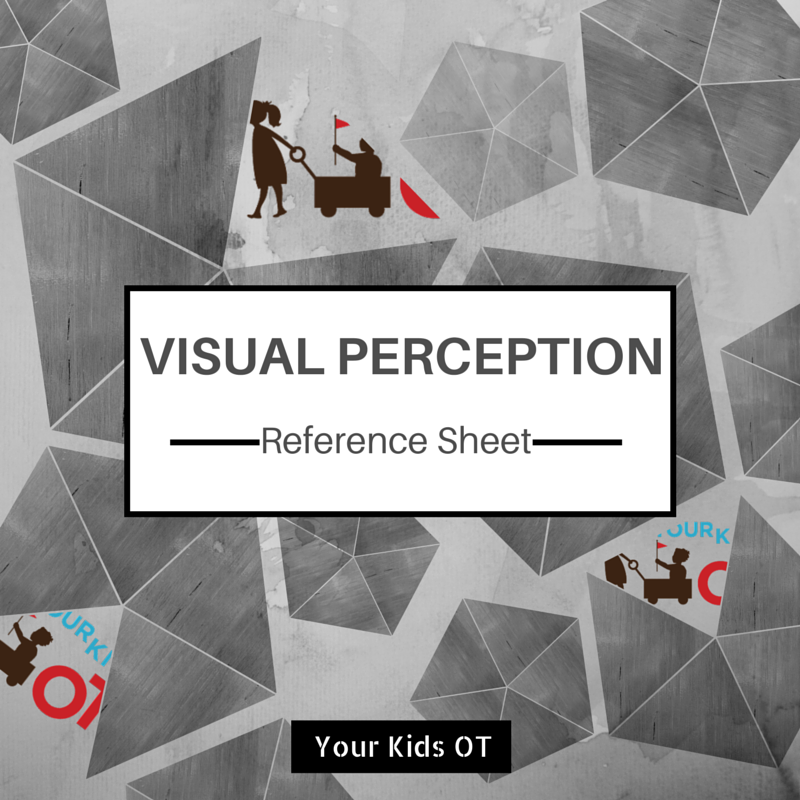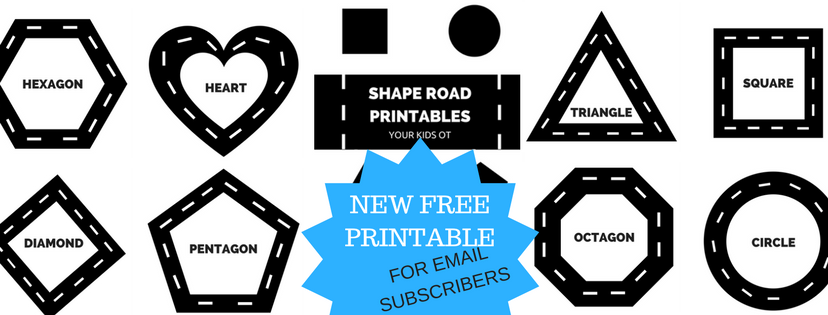|
Affiliate links are used throughout this website to promote products I love and recommend. I receive a commission if any purchases are made through these links. Please see my disclosure policy for more details. It is my pleasure to introduce fellow Sydney occupational therapist, Simone Ryan (Rocket OT) as my guest blogger today! Simone's area of interest (and passion) is self regulation. Simone has created the "REGULATION ROCKET" to help us (parents, teachers, OTs) to understand the development of self regulation and what may be contributing to dysregulation in our children. Thank you Simone for introducing us to the Regulation Rocket! When working or living with children and young adults, one of the most common areas that needs to be addressed is self regulation and it's development. Self regulation contributes to a number of outcomes including success in the school and workplace, development and sustainability of quality relationships, and successful engagement in occupations. It's an area of development that has been explored from a number of professionals including occupational therapists, educators, psychologists, sociologists and neuropsycholgists. This array of perspectives and approaches to self regulation development can be both overwhelming and confusing. After studying literature across a variety of areas, I realised the need to have something that "tied it all together". As a visual learner myself, I wanted to create a visual model that could be used to both increase and support understanding of self regulation development, and explore what areas may be contributing to dysregulation within a given occupation and environment. I gave myself the goal of developing something that:
And so the Regulation Rocket was born! The Regulation Rocket encourages parents, teachers, therapists or children/adolescents exploring their own regulation development to ask 3 questions:
OCCUPATION I like to start with the first question, where is it going? Having a destination (or goal) helps plot the route, figure out what supplies are needed and what changes may need to be made to get there. The model shows three planets that represent the countless occupations that an individual may engage in. Some things we want to do (such as our hobbies), some things we need to do (such as look after ourselves) and some things we are expected to do (such as work or go to school). An individual may be having difficulty reaching a particular planet, but be able to reach other planets with ease. Recognising that there may be a fair few planets in between where an individual can go and is attempting to go, can help build the parts of the Rocket needed to get there by grading the occupational demands. ENVIRONMENT Once we know where a Rocket is headed, it's important to look at where it's coming from? An environment needs to be supportive both in the construction and launching of a Rocket. In other words, we need to ensure the physical, cultural, and most importantly, social environment helps develop and support regulation. Of the social environment, an individual's co-regulators play the largest role in supporting regulation development. Addressing co-regulation as a factor has been found to be more often than not missing from interventions focusing on self regulation development. This is a pretty worrying finding, when many studies identify co-regulation as a major predictor of successful regulation development. A statistic the Regulation Rocket model is aiming to change! PERSONAL FACTORS Lastly, we look at the Rocket itself. We know where it's going, so we can figure out what it needs to get there. Sometimes an individual will be able to steer it themselves, other times they may need their co-pilot (or co-regulator) to help them. We may need to make changes to the environment in order to ensure certain parts of the Rocket are being built. Sometimes this means explicit teaching, but oftentimes it's about addressing the various personal factors throughout an individual's day or week in naturalistic settings. Factors will influence regulation differently depending on both the occupation and environmental demands. This is why some factors would be looked at more closely than others throughout an individual's development. The personal factors that contribute to regulation maintenance and development are:
A question I often get asked about the Regulation Rocket is: "Can I use it with the programs I already do?". My answer is absolutely! However, I have often seen therapists using just one or two programs that they are familiar with/prefer when supporting self regulation development. My aim with The Regulation Rocket is to support therapists, parents and educators to use critical thinking when choosing a program, and understand that self regulation development is complex and not "one size fits all". Whilst using pre-existing programs, it's crucial to keep in mind all the factors presented in the Regulation Rocket model, as regulation is fluid and an individual's needs may change. Neglecting factors that are influencing an individual at a given point in time may actually reduce the success of a self regulation program. The Regulation Rocket can also be used to select a program, by highlighting what areas of the Rocket need the most support, depending on the environment and occupations attempting to be reached. A program can then be selected to address the areas identified as influencing an individual's regulation the most. For more information on the Regulation Rocket, please visit RocketOT.com. You can also follow Rocket OT on Facebook or subscribe to the blog to keep up with the lastest updates.
Read more articles from Your Kids OT at https://www.yourkidsot.com/blog
The information on this site is general in nature. The activities are safe for most children, however, you should consult an Occupational Therapist or health professional to address specific movement, sensory or other medical conditions. You may also like: Comments are closed.
|
AuthorHi, I'm Cindy and I am an Occupational Therapist. I enjoy working creatively with children to see them reach their potential. Read more about me here. SEARCH THIS SITE
Archives
June 2024
Categories
All
Popular Posts |
Join the YKOT e-newsletter!
Subscribe to get our latest content by email and receive
the SHAPE ROADS PRINTABLE NOW!

Success! Now check your email to confirm your subscription and receive your free printable!
Join our Mailing List!
Subscribe to get our latest content by email and receive
the SHAPE ROADS PRINTABLE NOW as a thankyou!

Success! Now check your email to confirm your subscription and receive your free printable!
Disclaimer: The information on this site is general in nature and should be used for educational and entertainment purposes. The activities are safe for most children, however, you should consult an Occupational Therapist or health professional to address specific movement, sensory or other medical conditions. This blog does not replace formal therapeutic professional advice given by a health professional or medical practitioner. Reviews and endorsements of products will only be made based on my expertise and personal opinion; and deemed worthy of such endorsement. The opinions shared in sponsored content will always be my own and not that of the advertising company or brand. Content, advertising space or posts will be clearly identified if paid, affiliated or sponsored. Affiliate links may be found throughout this website in advertising. This means that if you follow through with a purchase from these links, Your Kids OT will receive a percentage of the sale. Your Kids OT undertakes to meet the requirements of the "Social Media Policy" as published by Australian Health Practitioner Regulation Agency (AHPRA). Further information about this policy can be found here.
Find meFollow me |
About me
AuthorHi, I'm Cindy and I am an Occupational Therapist. I enjoy working creatively with children to see them reach their potential. Read more about me here. |
Copyright © 2017 Your Kid OT

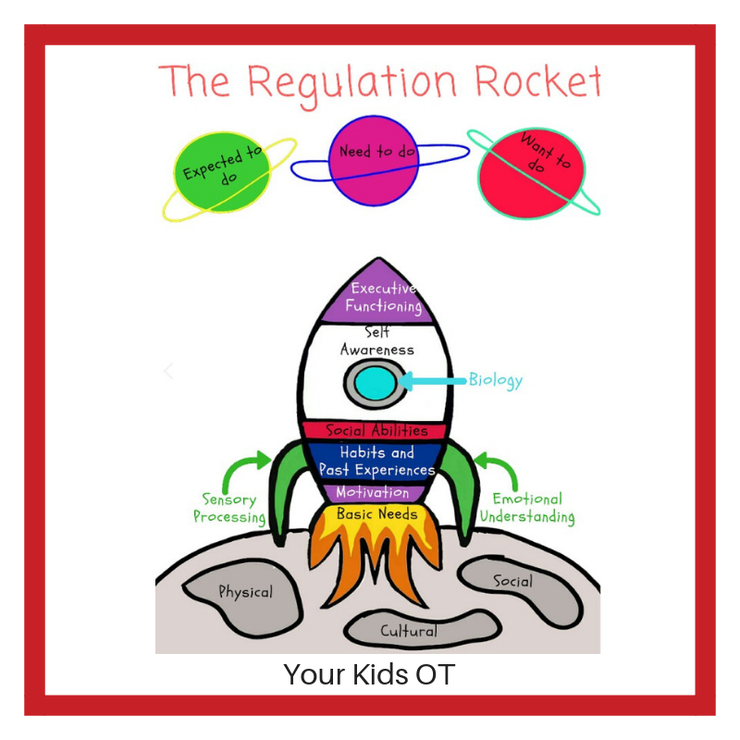
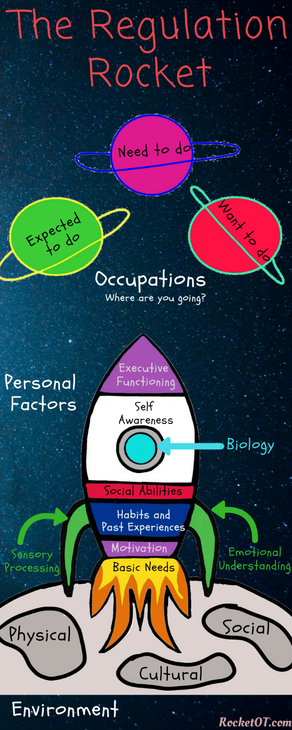
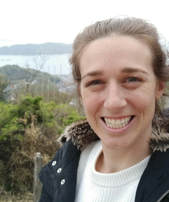
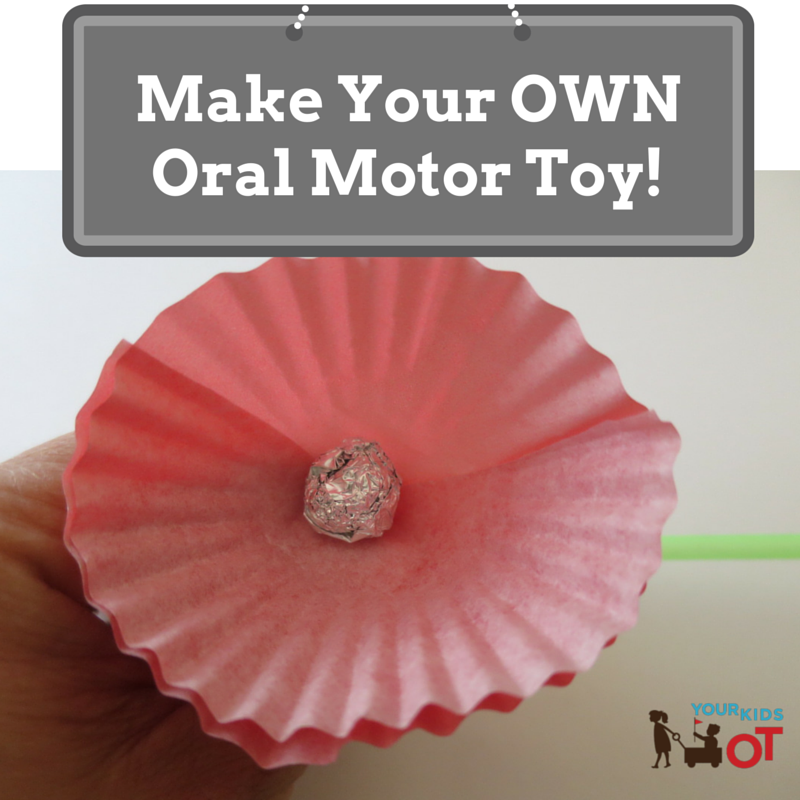
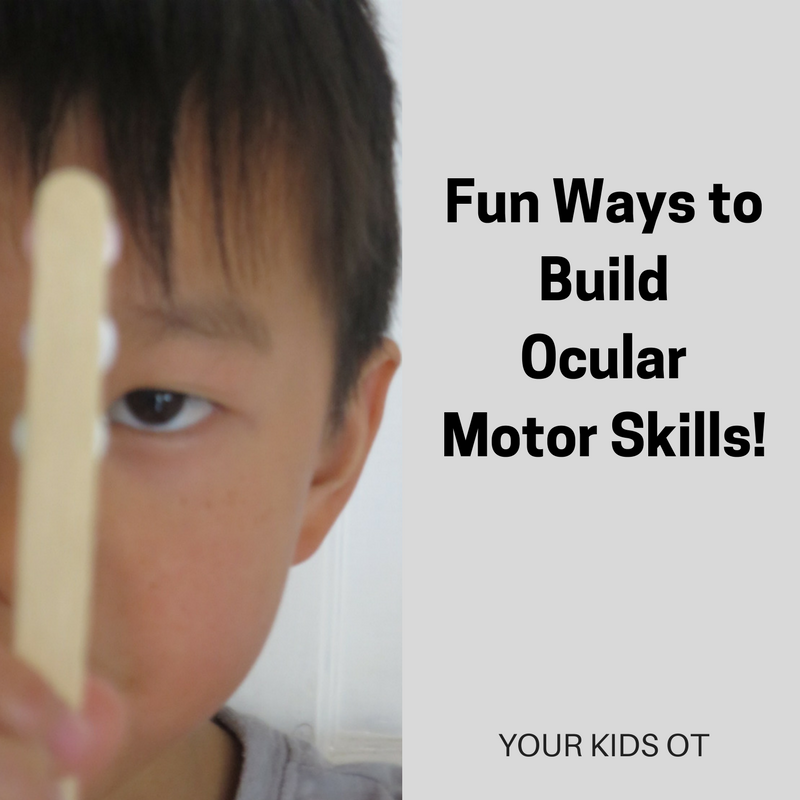
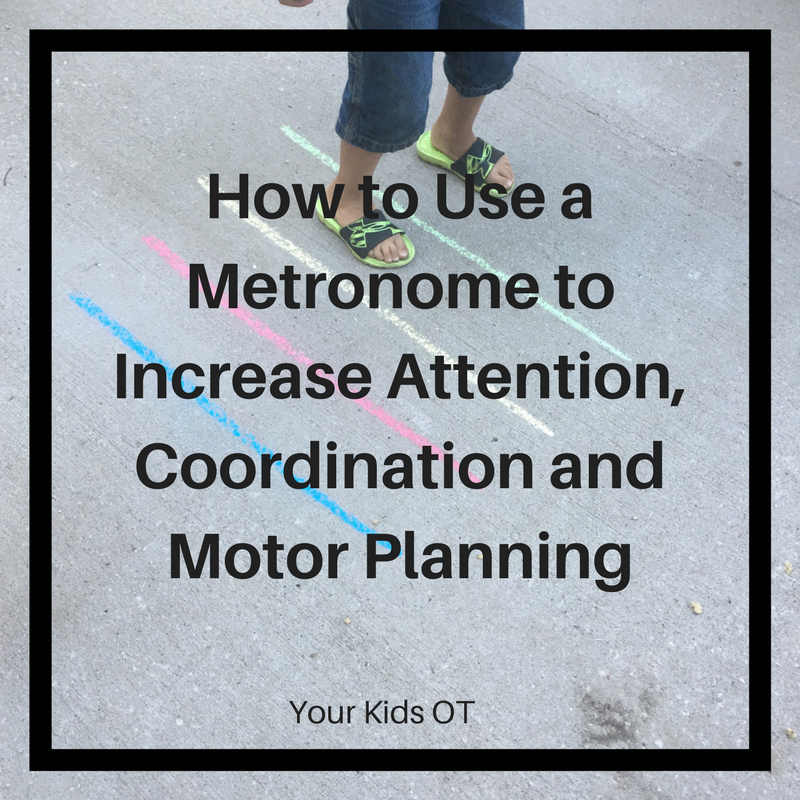
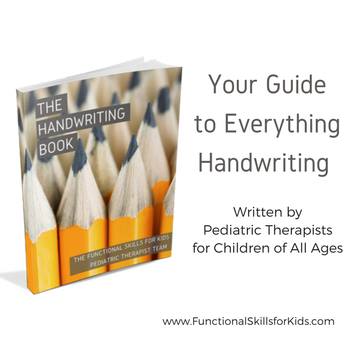
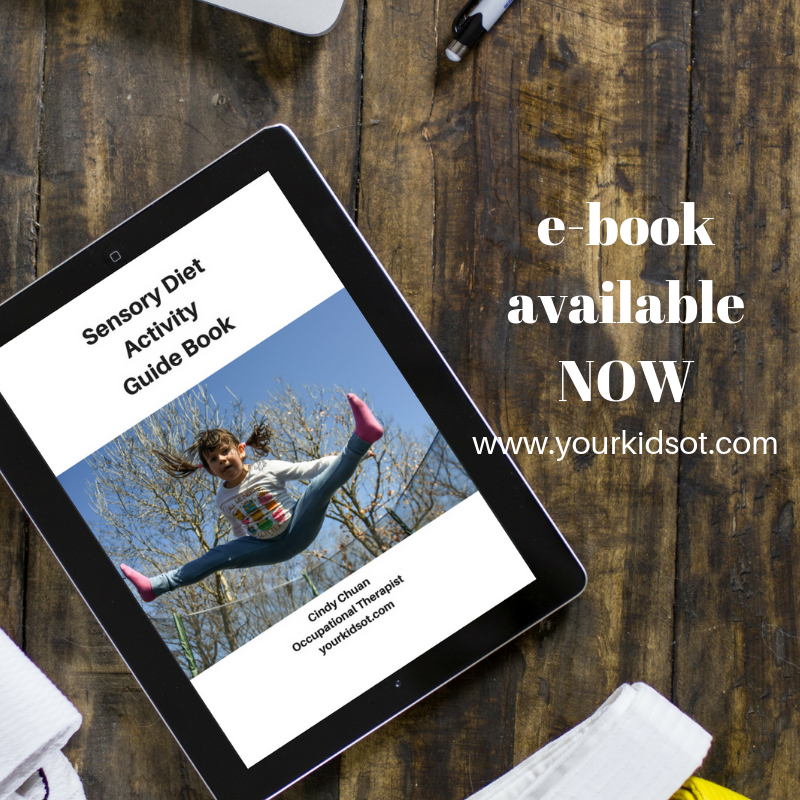
 RSS Feed
RSS Feed
